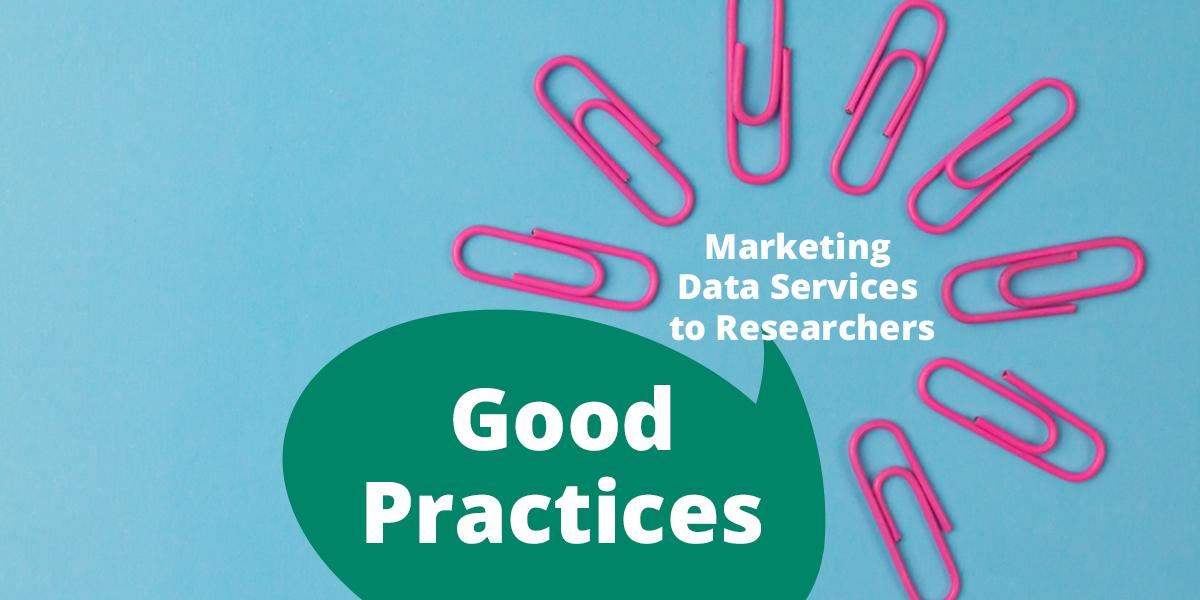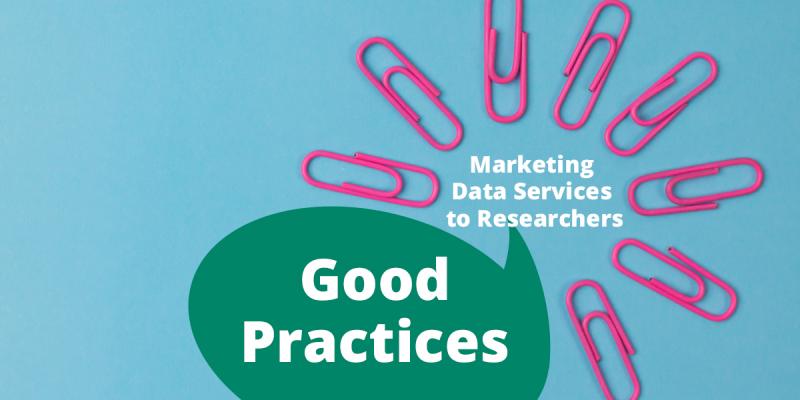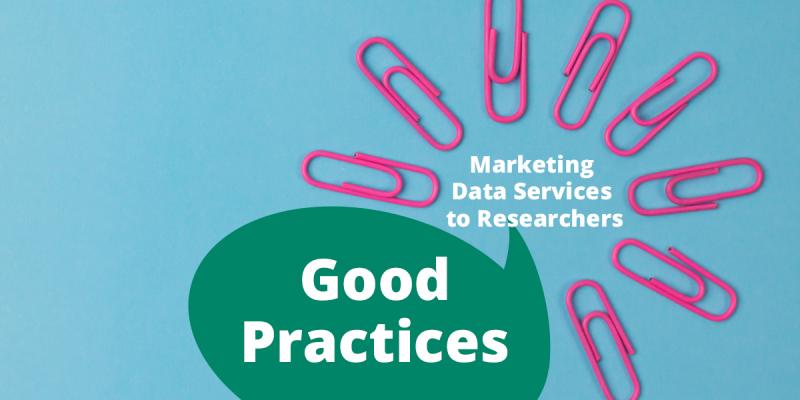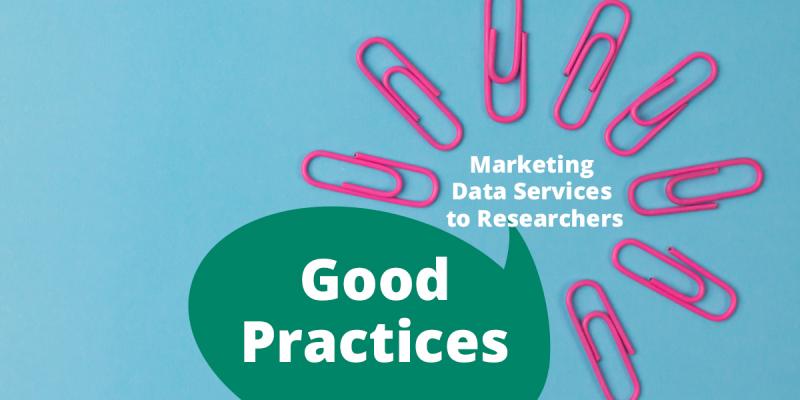
The Good Practices series continues with Taisa Sallinen's experiences with a review process for data management plans.
The title is still a wish and perhaps even utopian, but data management plans (DMPs) are starting to be more of a rule than an exception. The Academy of Finland requires a DMP approved by the researcher’s own organisation from all projects that receive funding. Is this just the beginning? In an ideal, FAIR-compliant world, should all research projects have DMPs approved by the organisation regardless of the source of funding?
The requirement of the Academy of Finland contributed to research organisations rapidly developing processes through which research projects that received funding from the Academy had their DMPs reviewed by data support. At the University of Finland, researchers who reached the second round of funding were informed about the new process. When the final financing decisions were made, the recipients were given a second information pack on the DMP review process, which goes through the UEF Data Support Service. After data support had given their input, funding was allowed to go through in the Academy’s electronic system. From UEF's point of view the process went well and will be further developed. Based on feedback from researchers, the process resulted in new information concerning UEF’s data support services.
- Wiki page for the practice (in Finnish)
| + | – |
|
Improves the quality of science and research. Thanks to the practice, the organisation knows what kind of data management support and tools are needed and can prepare for it The practice helps researchers and organisations commit to data management planning and maintenance. More uniform practices in the academic world. Decreases risk in data management. A high-quality DMP decreases the need for data management work during the data life cycle. |
The practice results in new work for support services (data support, research services). The risk of content requirements for DMP:s not fitting different projects with different scopes. The risk of information on DMP content not reaching all relevant target groups. Researchers may find it unnecessary. The risk of DMP:s becoming a static document that isn’t updated during a research project. |
Text: Taisa Sallinen, University of Eastern Finland
Image: Tamanna Rumvee, Unsplash (modified)
Previously in this series:
- Mari Elisa Kuusniemi: Familiar Faces Build Trust
- Mika E. Virtanen: Share Current Affairs at General Information Meetings
- Eeva Savolainen: Multi-channel Channel Communication Reaches a Wide Audience
- Päivi Rauste: Making Training Materials Openly Available Saves Resources
- Eeva Savolainen: Data Agents as First Point of Contact
- Mika E. Virtanen: Web Cafés Facilitate Discussion
- Pauli Assinen: Introducing Good Practices for Data Services Marketing


